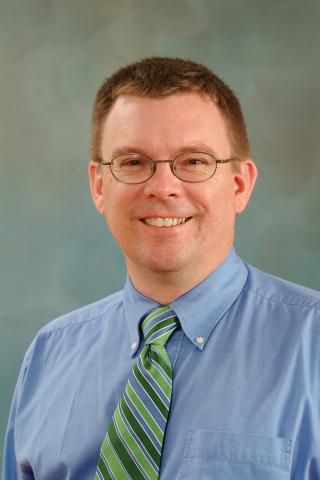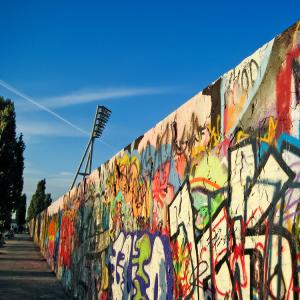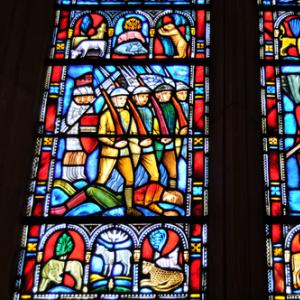
Dirk G. Lange is Associate Professor of Worship at Luther Seminary, Saint Paul, MN where he teaches worship and the theology of the Lutheran Confessions. He received his PhD from Emory University. Working in the area of constructive liturgical theology, he re-reads classic theological texts through the lens of liturgy, trauma theory and post-structuralist literary theory. His book Trauma Recalled: Liturgy, Disruption and Theology (Fortress Press, 2009) explores a new language for Martin Luther’s eucharistic hermeneutic and liturgical theology. His ministerial experience has covered a wide spectrum of activities, but all under one umbrella: liturgy in the lives of people. During the 1980s, as a brother of Taizé, he worked with prayer groups in the Eastern European underground. During the early 1990’s, he was engaged with the prayer and songs of Taizé. Dirk lives, teaches, writes about worship as a radically different public voice and the disruption inherent in Christian spirituality.
Posts By This Author
Reformation Then and Now - Dismantling Walls Today
Just over fifty-three years ago, a huge wall was built, a mighty fortress – a wall around East Berlin, a wall to keep out and a wall to keep in. This wall isolated people and forcefully molded them into a single, straight, dreary one-dimensional way of living. The wall represented an oppressive system without cracks, without breaks, without life.
Almost 500 years ago, a monk by the name of Martin Luther felt the pressures of another oppressive system, one in which a person was never sure of God or God’s mercy, one in which a person could even pay to climb the stairway to heaven quicker and easier. In many aspects, the church itself had become a fortress, dictating who was in and who was out.
Every system, every culture, every community risks succumbing to the temptation of shutting borders and protecting an identity. We are quickly seduced into the illusion of absolute control and power. Brick by brick, wall by wall, suspicion by suspicion, power is built, oppression takes hold. We construct an identity, a security, a world. We construct our own way to heaven. (Or is it to a ghetto?)
Who or what can defeat and break the walls, the towers, the fortresses we construct? Who or what can overcome oppression in the land? Where do we turn when creation shakes and societies are in an uproar?
On Scripture: Faith in New Places
In the aftermath of violence, a deep-seated illness of broken minds and spirits, a possibility toward healing always exists. The vicious anti-Semitic attack on a northern New Jersey synagogue exemplifies this possibility. Violence – religious intolerance – was not to have the last word, nor was forgiveness to be blindly shared. A searching for truth was to be engaged. This searching began in the blurring of demarcation lines between different faiths.

